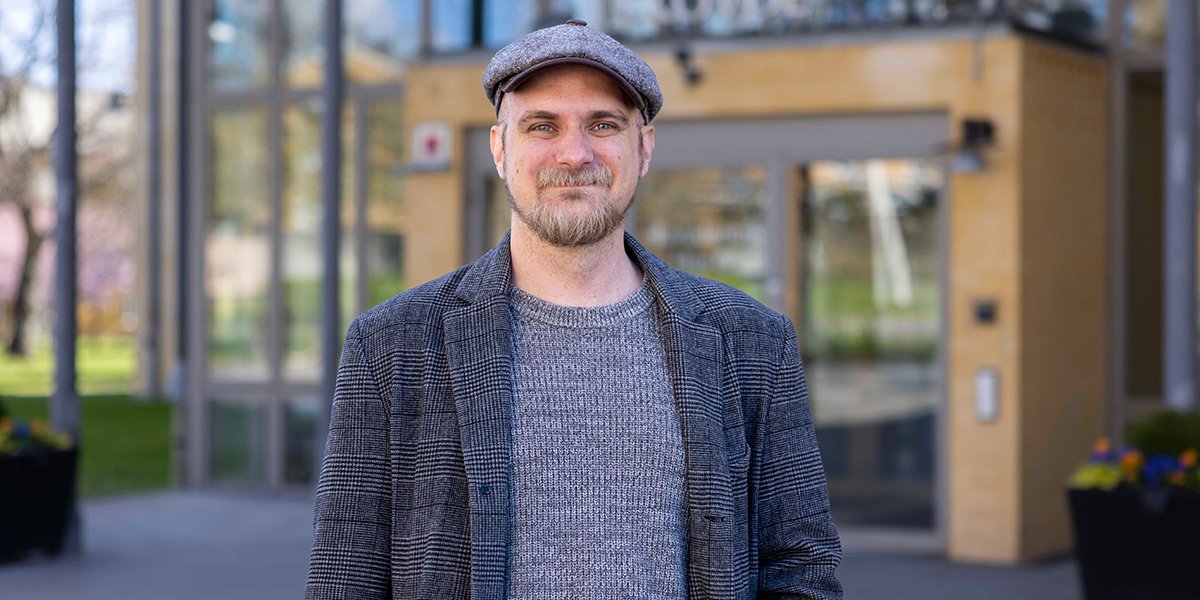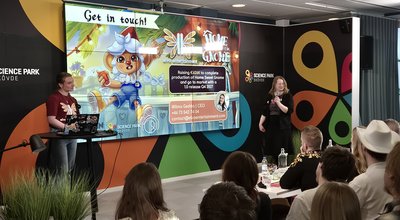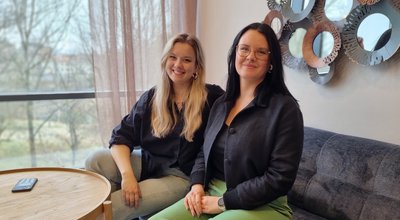Game studio in Skövde invests in research for increased profitability

Pieces Interactive has chosen to fund a game researcher from the University of Skövde. As a Swedish entertainment game developer, this makes them unique so far. “The research creates conditions to build a better working environment and speed up our product development,” says Robert Lazic, CEO at Pieces Interactive.
Pieces Interactive is a game studio in Skövde that develops entertainment games for console and PC. The company was founded in 2007 through Science Park Skövde Startup program for games - Sweden Game Startup. Since 2017 the studio is part of Embracer Group. They have now chosen to finance an industrial PhD Student from the University of Skövde. With this, Pieces Interactive hopes to speed up its product development and thereby increase its profitability.
Better project management for game development
“The research contributes to better structures and processes within our company and in the production of games. It creates conditions for us to become better at managing projects and opportunities to grow both as a team and in project size,” says Robert Lazic, CEO at Pieces Interactive.
On site, at the company, to conduct the research is Tobias Karlsson, an industrial PhD Student from the University of Skövde. He explains that game development requires collaboration between several different specialists in both artistic and technical branches, which quickly becomes a complex task that means product development can take a long time.
“My research involves finding out how game developers manage to coordinate such a complicated collaboration. I do this by analysing and documenting recurring challenges in the industry as well as processes in the development of entertainment games,” says Tobias Karlsson.
The well-being of staff is an important aspect
With the research, Tobias Karlsson aims to develop proposals for measures that can improve game development processes. More specifically, he wants to find processes that allow creativity and well-being for game developers, without sacrificing financial interests. A smoother process and fewer communication problems are what Robert Lazic sees ahead.
“We believe that the research will lead to more efficient processes in project development, as well as less frustration and stress among staff. The research has already given us a good insight into what weaknesses and challenges we have to deal with,” says Robert Lazic.
Bigger than the film and music industry but research is lacking
Tobias Karlsson tells us that today the games industry is more profitable than the film and music industries combined, but that, despite this, there is a lack of research that usually accompanies large industries. Both Robert Lazic and Tobias Karlsson believe that this is to some extent due to a misunderstanding of what game research can actually contribute. Research has therefore not kept up with the fast pace of the industry, but it is a gap that can be closed.
By gathering information from game developers, where the information can be used partly for targeted research efforts but also to adapt training to the companies' needs, Tobias hopes to contribute to reducing the gap that has arisen between academia and industry.
“My research will shed light on a small part of the industry, but if more researchers embarked on game development research, the research, and by extension also society, would catch up with the rapid development in the industry,” says Tobias Karlsson.



